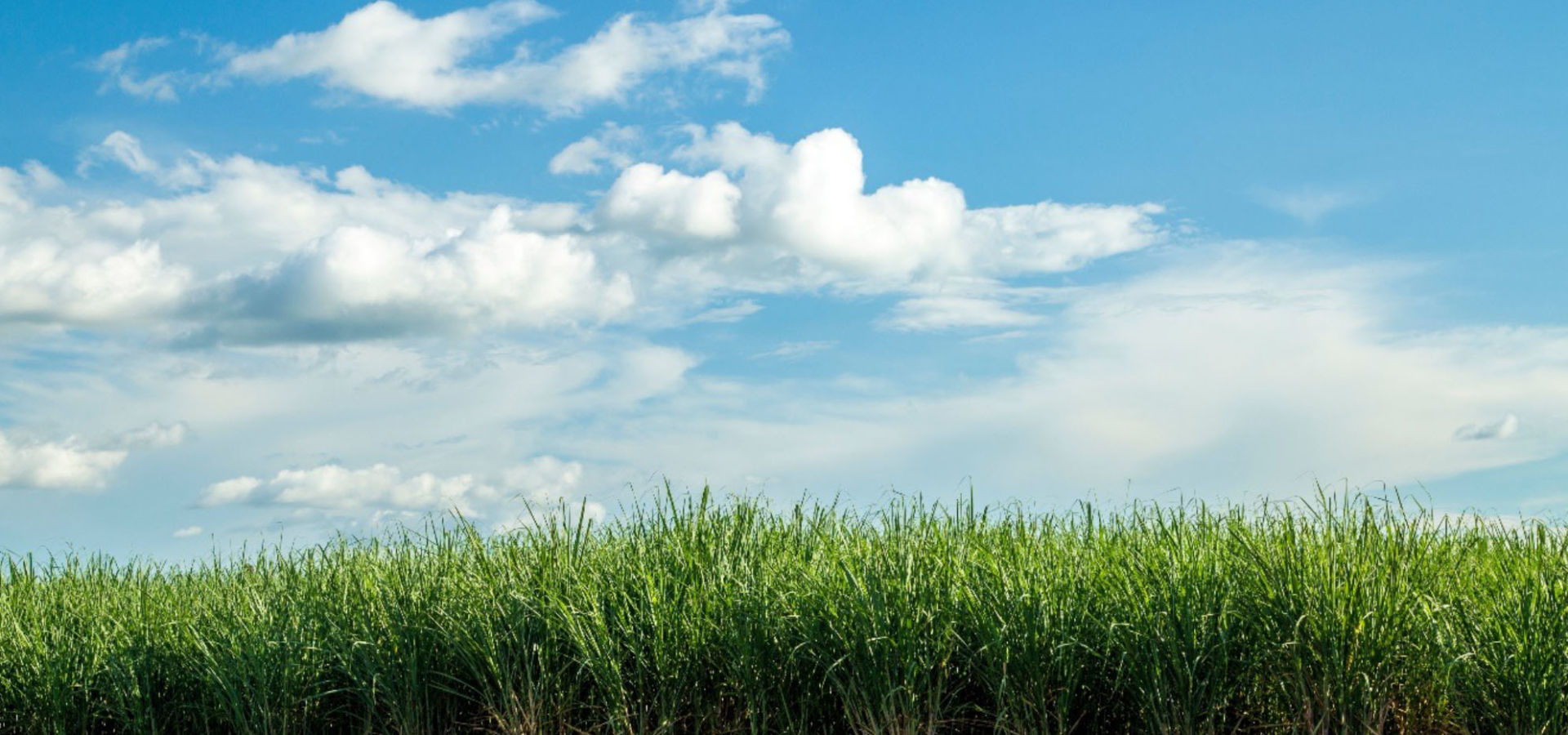
Sugar and Ethanol – Brazil
Key facts & figures
Key Facts
- Client: Usina Açucareira São Manoel ‘São Manoel’
- Term: 10-year loan
- Guarantee instrument: Maturity subordination guarantee
- Guarantee exposure: 40% of loan value
- Effective date: December 2021
Deal Summary
AGRI3 is supporting the mobilisation of EUR 11.4m from Rabobank for São Manoel.
Sao Manoel a company in São Paulo, Brazil producing sugar and ethanol.
The investment is helping São Manoel to expand their sustainable agricultural practices by improving productivity and reducing input usage across 52,000 ha of their farms. This includes implementing high precision agriculture, integrated pest management
and reducing use of fertilizers and pesticides. In addition, the project accelerates the company’s compliance with the Forest Code, focusing on reforestation activities and workers livelihoods, through improvements in training.
Impact Rationale
As a result of this loan, São Manoel is able to increase the area of natural ecosystems (forest and non-forest) under management for protection to 90ha and sequester emissions from the restoration of the 90ha.
São Manoel is also increasing the agricultural area under sustainable management to 18,000 ha total with gravity fed vinasse. The company is supported to reduce the use of fertilizer, targeting a reduction of 7,000 tons per year and to implement high precision agriculture and integrated pest management on 52,000 ha.
Local farmers (minimum of 250 people) are supported to improve their skills and income generating capacity through trainings on honey cultivation. Employees are also improving their technical skills related to farming, high precision agriculture or integrated pest management through trainings, benefiting around 800 employees with a total of (at least) 2,000 trained hours.
Impact Targets
Forest Protection
90 ha of natural ecosystem land restored
Sustainable Agriculture
52,000 ha of land managed through high precision agriculture
Rural Livelihoods
800 employees trained in high precision agriculture and integrated pest management
Protection of natural ecosystem (direct and indirect)
Sustainable agriculture
Improved rural livelihoods